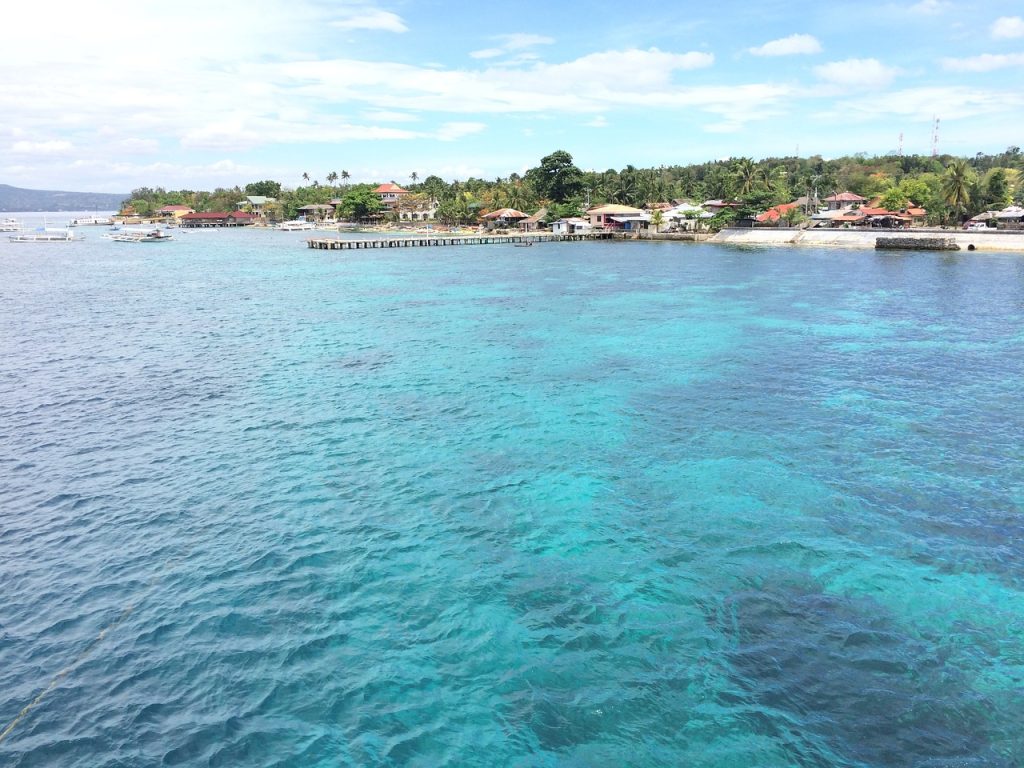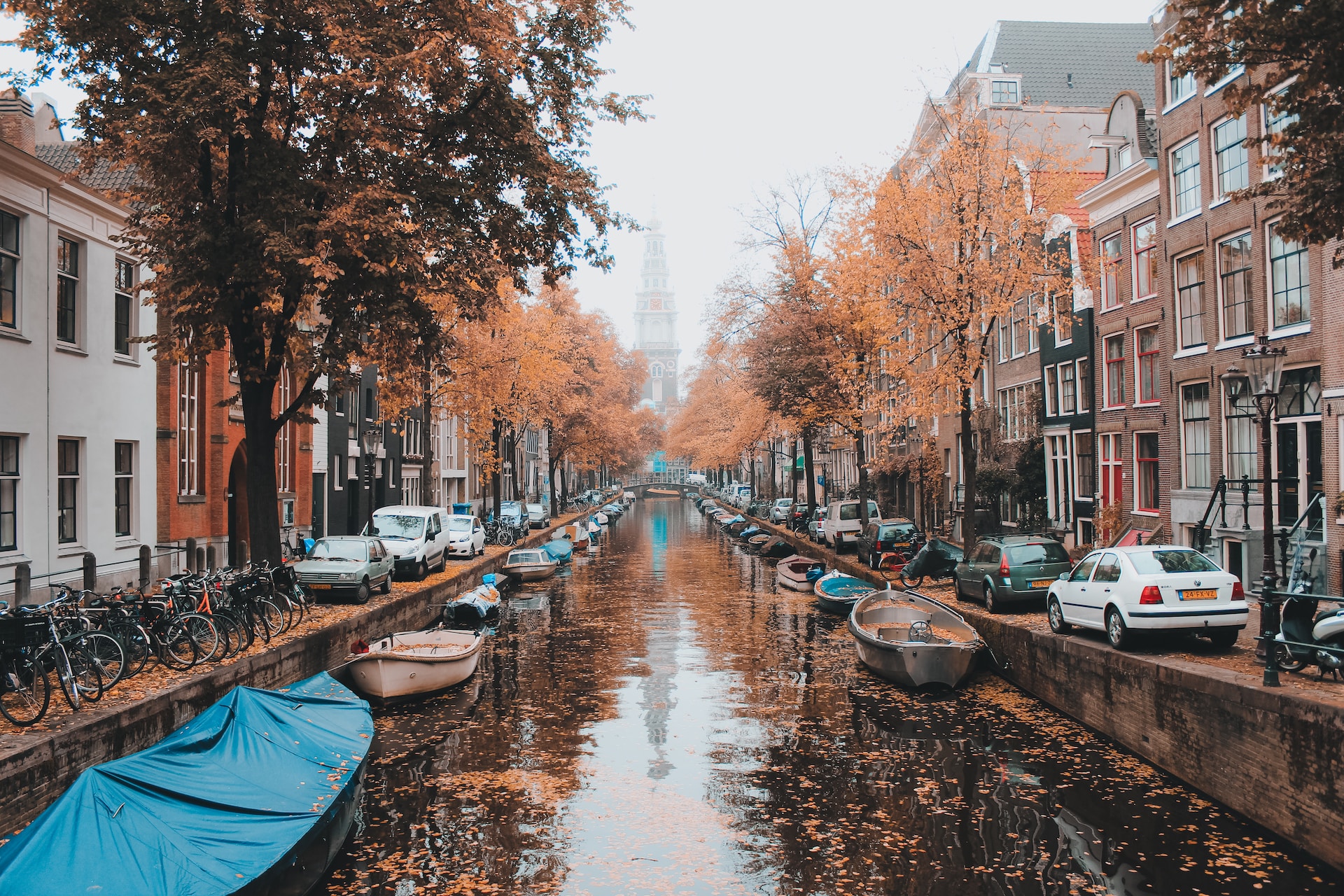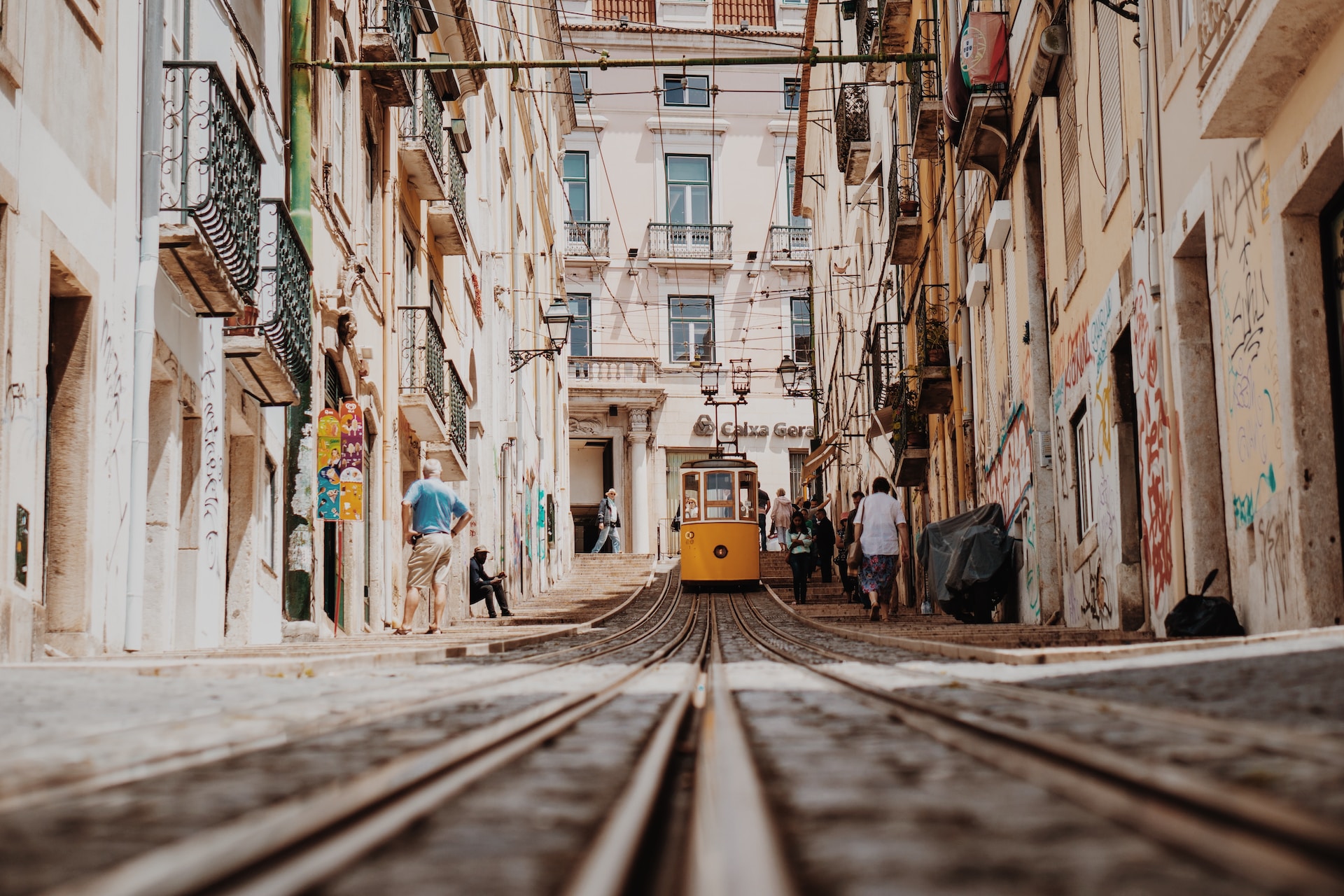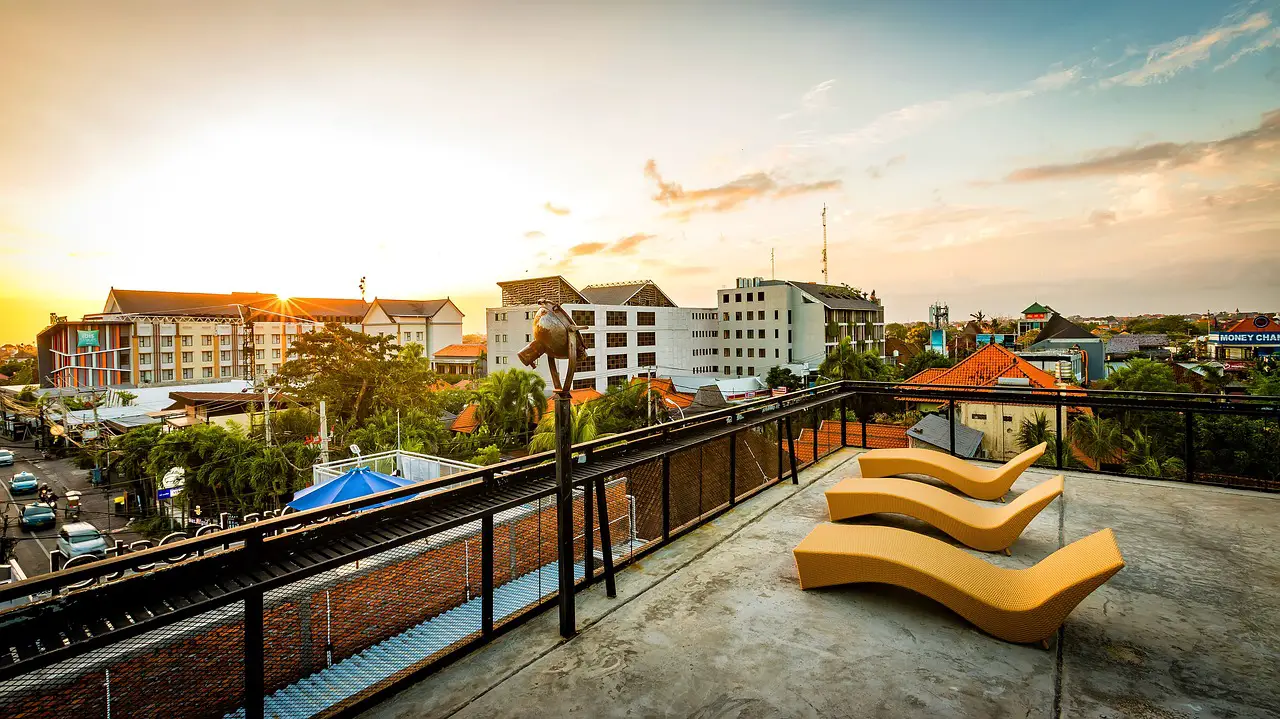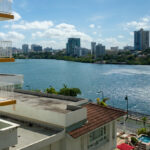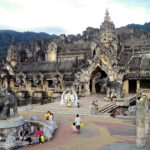As a digital nomad, choosing the right destination can make all the difference in living a fulfilling and adventurous life. Cebu, Philippines, is an attractive destination for digital nomads, offering a perfect blend of urban amenities and natural wonders. This comprehensive guide covers everything you need to know about living and working as a digital nomad in Cebu, including visas, cost of living, accommodation, coworking spaces, and top activities to enjoy during your free time.
I. Visa Requirements
Before setting foot in the Philippines, it is crucial to understand the visa requirements for digital nomads. As of the knowledge cutoff date in September 2021, the most common visa types for digital nomads are:
Tourist Visa (9A): This visa grants a 30-day stay, which can be extended up to 36 months in total. Extensions can be done at the Bureau of Immigration (BI) offices in Cebu City or any other major city.
Special Resident Retiree’s Visa (SRRV): This visa is ideal for those who wish to retire and live indefinitely in the Philippines. Applicants must meet specific age and financial criteria.
Please note that visa requirements are subject to change, so it’s best to consult the nearest Philippine embassy or consulate for the most up-to-date information.
II. Cost of Living
One of the primary reasons digital nomads flock to Cebu is its relatively low cost of living. The following are the estimated average monthly expenses for digital nomads in Cebu:
Accommodation: $200-$500 (renting a studio or one-bedroom apartment)
Utilities (electricity, water, internet): $50-$100
Groceries: $100-$200
Eating out: $150-$300
Transportation: $30-$60
Leisure activities: $100-$200
These figures may vary depending on your lifestyle and preferences, but most digital nomads find it easy to live comfortably in Cebu for under $1,000 per month.
III. Accommodation
Finding the right accommodation is essential for a digital nomad. In Cebu, you can choose from various options, including short-term rentals, serviced apartments, and condominiums. Popular platforms to find rentals are Airbnb, Booking.com, and local real estate websites like Rent.ph and CebuProperties.ph.
If you are looking for a community-oriented living arrangement, consider staying in a coliving space. Coliving is an emerging trend that caters to digital nomads, offering private or shared rooms along with shared amenities, such as coworking spaces, kitchens, and lounge areas. Coliving spaces in Cebu include The Grid Pad and The Company Cebu.
IV. Coworking Spaces
Cebu has numerous coworking spaces that cater to digital nomads, offering a conducive environment to work, network, and collaborate. Some of the top coworking spaces in Cebu are:
ASPACE Cebu: Located in Crossroads Mall, ASPACE offers a variety of workspaces, meeting rooms, and event spaces. Members have access to high-speed internet, printing facilities, and free coffee and tea.
The Company Cebu: With two locations in Cebu City, The Company offers flexible workspaces, private offices, and meeting rooms. Amenities include high-speed internet, 24/7 access, and a community lounge.
Workplace Cafe: Combining a coworking space with a cafe, Workplace Cafe offers a relaxed environment for work and meetings. They provide high-speed internet, power outlets, and a wide selection of food and beverages.
V. Getting Around
Navigating Cebu is relatively easy, with various modes of transportation available. Here are the main options:
Jeepney: The most iconic and affordable mode of transportation in the Philippines, Jeepneys are colorful and often crowded minibuses. Fares usually range from PHP 7 to PHP 20, depending on the distance.
Taxi: Taxis are widely available and can be flagged down or booked through ride-hailing apps like Grab. Fares start at PHP 40, with an additional PHP 13.50 per kilometer.
Motorcycle taxis (Habal-Habal): For shorter distances or when you need to navigate through traffic, motorcycle taxis are a convenient option. Fares can be negotiated with the driver.
Car or motorbike rental: Renting a car or motorbike provides more flexibility and freedom to explore Cebu. Daily rates start at around PHP 1,000 for a car and PHP 500 for a motorbike.
VI. Staying Connected
Reliable internet is essential for digital nomads. While the internet in the Philippines may not be as fast as in some other countries, it is generally sufficient for remote work.
Mobile data: The main mobile network providers in the Philippines are Globe and Smart. Both offer prepaid SIM cards, which can be topped up with data packages. Data speeds can vary, but 4G coverage is available in most urban areas.
Pocket Wi-Fi: A portable Wi-Fi device can be a lifesaver for digital nomads, providing internet access on the go. Devices can be rented or purchased at the airport or through local providers.
Public Wi-Fi: Many cafes, restaurants, and coworking spaces offer free Wi-Fi. However, for sensitive work, it is advisable to use a VPN to protect your data.
VII. Top Activities for Digital Nomads in Cebu
Cebu offers a myriad of leisure activities that cater to various interests. Here are some top recommendations for digital nomads:
Explore Cebu City’s rich history: Visit historical landmarks such as the Magellan’s Cross, Fort San Pedro, and the Basilica del Santo Niño.
Dive into the island’s vibrant marine life: Cebu is a haven for scuba diving and snorkeling, with sites like Moalboal and Malapascua Island offering abundant marine life and coral reefs.
Chase waterfalls: Discover the stunning waterfalls of Cebu, including Kawasan Falls, Tumalog Falls, and Inambakan Falls.
Visit neighboring islands: Take a day trip to nearby islands such as Bantayan, Camotes, and Sumilon for pristine beaches and relaxation.
Hike to the summit of Osmeña Peak: Enjoy panoramic views of Cebu from the highest point on the island, standing at 1,013 meters above sea level.
Conclusion
Cebu, Philippines, is an excellent destination for digital nomads, offering affordable living costs, a vibrant community, and various workspaces. With its rich history, natural beauty, and warm hospitality, digital nomads can easily embrace the island’s culture while maintaining a productive work-life balance. This comprehensive guide serves as a starting point for your digital nomad journey in Cebu, setting you up for a successful and fulfilling experience.
